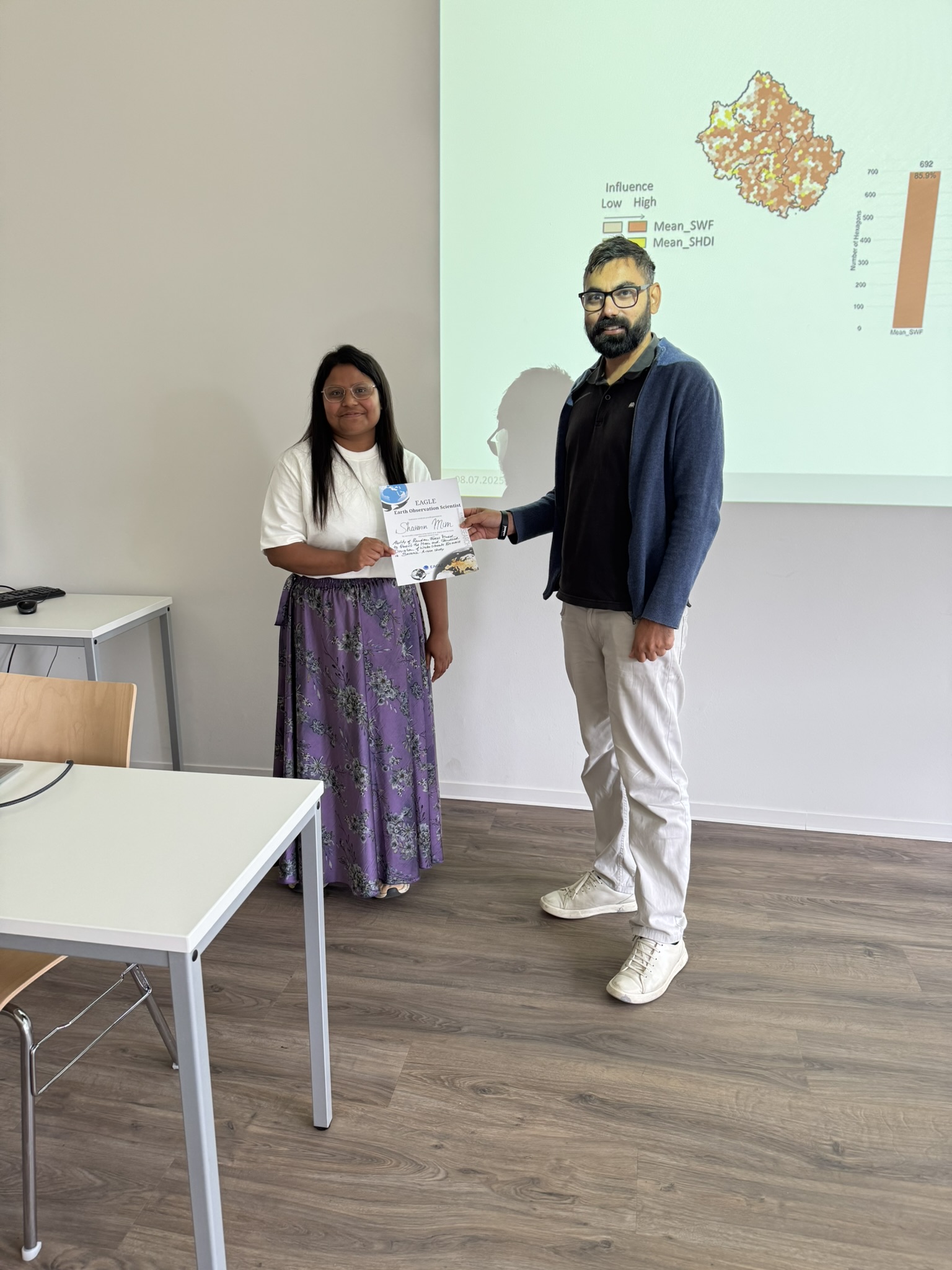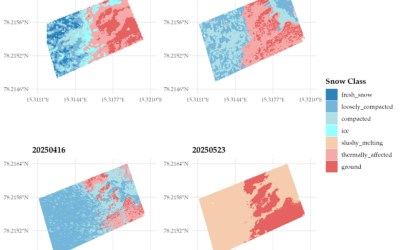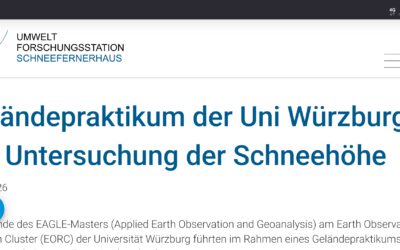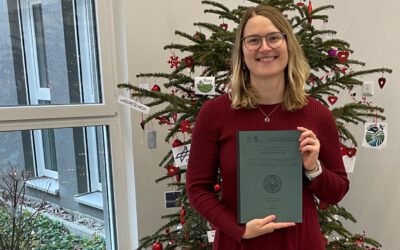Congratulations to Sharmin Mim on the successful defense of her MSc thesis, titled “Ability of Random Forest Model to Predict the Mean and Standard Deviation of Winter Wheat Biomass in Bavaria: A Case Study.”
Her work focused on the Rhön region, where she combined Light Use Efficiency (LUE) modeled biomass with Random Forest (RF) models to predict both the mean and variability (standard deviation) of winter wheat biomass from 2001–2019. Using a 5 km² hexagon-based framework, she integrated multi-source predictors, including topography, soil properties, climate variability, and landscape metrics such as the Shannon Diversity Index and small woody features.
The RF model performed better for predicting biomass variability (R² = 0.70) than mean biomass (R² = 0.36), highlighting the importance of environmental heterogeneity. Her analyses revealed key drivers, such as soil bulk density, elevation, and landscape diversity, and showed clear environmental thresholds (e.g., optimal biomass at ≤17 °C and ≤480 m elevation).
Sharmin’s thesis demonstrates the strength of combining process-based and machine learning approaches to inform sustainable agricultural planning. She was supervised by Dr. Maninder Singh Dhillon and Dr. Michael Thiel (EORC). We wish her all the best for the future!









